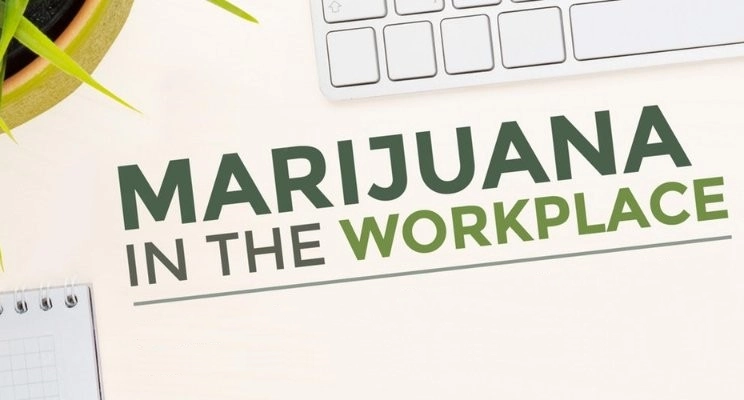The legalization of cannabis for recreational use in an increasing number of states has sparked a complex conversation for employers: how to balance employee rights with maintaining a safe work environment. This article explores the various aspects of cannabis in the workplace, examining impairment, employee rights, legal considerations, and best practices for employers.
How Does Cannabis Make a Person Impaired?
Cannabis affects the body’s endocannabinoid system, a network of receptors that influence various functions like movement, memory, and learning. The primary psychoactive compound in cannabis, THC (tetrahydrocannabinol), binds to these receptors, causing various effects, including:
- Altered Perception: Cannabis can distort perception, impairing coordination, balance, and reaction time.
- Cognitive Impairment: THC can affect memory, focus, and decision-making abilities, potentially impacting job performance and safety.
- Psychomotor Impairment: Cannabis use can impair motor skills, making tasks requiring skill or coordination hazardous.
The degree of impairment depends on various factors, including the amount and type of cannabis consumed, the individual’s tolerance, and the time delayed since use. However, even minor impairment can pose a safety risk in certain work environments.
Does Legalization Mean Employees Can Be Impaired at Work?
No. Regardless of legalization, employers have the right to maintain a safe workplace. This includes the right to expect employees to be free from impairment, regardless of the source. Employees under the influence of cannabis, even if used legally off-duty, could be subject to disciplinary action, including termination.
What Does Legalization Mean for the Workplace?
The legal landscape surrounding cannabis in the workplace is still evolving. While some states have passed laws restricting employers from discriminating against employees based on legal off-duty use, employers still have the right to:
- Prohibit Use While Working: Employers can have a zero-tolerance policy for cannabis use on company property or while on the clock.
- Maintain a Drug-Free Workplace Policy: Employers can establish a policy outlining expectations regarding drug use, including cannabis, with clear consequences for violations.
- Conduct Impairment Testing: Depending on state laws, employers may be able to conduct impairment testing to assess if an employee is currently under the influence, though these tests are not always specific to cannabis use.
Is it Legal to Test for Impairment concerning Cannabis?
There is no universally accepted and reliable test for recent cannabis use. Traditional urine tests can detect THC metabolites for weeks after use, not necessarily indicating current impairment. Some states allow for oral fluid testing that may be more indicative of recent use, but these tests are not yet widely adopted.
Is it Legal to Perform Drug and Alcohol Testing on Employees?
The legality of drug testing in the workplace is governed by federal and state laws. Generally, employers can require drug testing for certain positions, especially those considered safety-sensitive. However, employers should comply with relevant regulations regarding testing procedures and employee notification.
Additional Considerations
Beyond legal aspects, employers should consider:
- Workplace Safety: Certain jobs require a high degree of focus and coordination. Cannabis use, even if legal, can pose a safety risk in these positions.
- Employee Assistance Programs: Employers may offer Employee Assistance Programs (EAPs) to provide support to employees struggling with substance abuse.
- Accommodation for Medical Marijuana Users: Some states require employers to provide reasonable accommodation for employees with a medical marijuana card.
Creating a Safe and Inclusive Workplace
Employers can navigate this complex landscape by:
- Developing Clear Policies: Establish a clear and comprehensive drug-free workplace policy that outlines expectations, testing procedures, and disciplinary actions.
- Employee Training: Educate employees about the risks of cannabis impairment and the company’s policies.
- Open Communication: Foster an open and honest communication environment where employees feel comfortable reporting concerns about potential impairment.
Conclusion
The legalization of cannabis presents both challenges and opportunities for employers. By understanding the effects of cannabis, legal considerations, and best practices, employers can create a safe and inclusive workplace that protects employees and the business.
FAQs
Can I be fired for failing a drug test for cannabis?
Whether you can be fired for failing a drug test depends on your state laws, the company’s policies, and the specific job duties.
What are my rights as an employee regarding cannabis use?
Your rights depend on your state laws and the company’s policies. However, employees generally do not have the right to be impaired at work, even if cannabis use is legal off-duty.
What resources are available to me if I have questions about cannabis use and the workplace?
Several resources are available, including your state’s Department of Labor website, legal professionals specializing in employment law.




